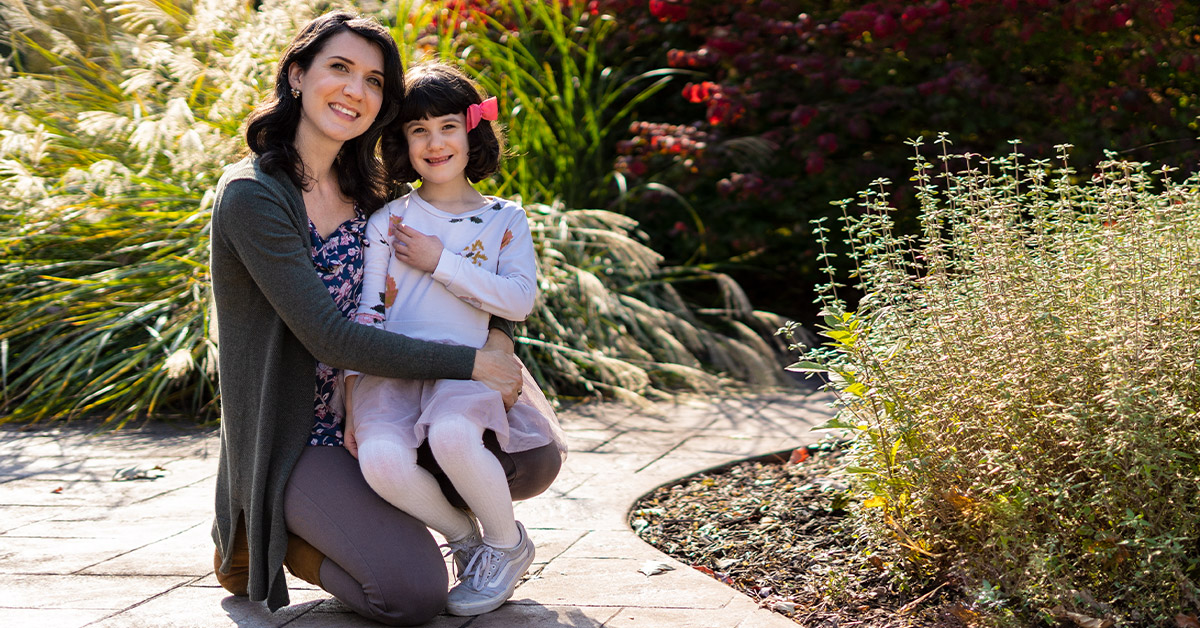Finding My Voice as a C. diff Patient
Posted on by
At the age of 31, I knew nothing of patient advocacy; having a voice for my own healthcare simply hadn’t crossed my mind. I’ve since learned that it is essential to include patient voices in the healthcare system.
When I was prescribed a preventive antibiotic for a root canal I, like most Americans, thought nothing of it. I was no stranger to antibiotics and considered them perfectly harmless. I didn’t realize that while antibiotics save lives, they do carry risks, and taking them inappropriately has consequences.
Within a few weeks of my root canal, I was hospitalized with an infection called C. diff. Most cases of C. diff infection are associated with antibiotic use. In fact, according to CDC, you’re 7 to 10 times more likely to get C. diff infection while taking an antibiotic and in the month after. I also learned that antibiotic use can also lead to antibiotic resistance, so it’s important to use antibiotics only when needed.
The next seven months were mostly spent in the hospital, in isolation. As I grew sicker, my doctor believed the best move was to remove my colon. I wanted to get better, but I worried about the impact that this would have on my quality of life. I learned about another treatment option, but it wasn’t possible for me to get it through my doctor. It is a treatment that was not widely available, and it carried with it its own very serious risks. Still, I preferred to take on that risk in order to try this treatment. The fact that I did not have this option to choose left me feeling betrayed by the very system put in place to keep me healthy.
It was in this difficult process that I discovered my own patient voice. I sought a second opinion from another doctor to whom I voiced my concerns. They felt another treatment option was appropriate, and I made a full recovery. Had I not taken an active role in my own health care, my life would be very different.
To advocate as a patient or a caretaker:
- Ask questions. If you’re receiving a diagnosis or getting treatment for any condition, you have the right to full understanding. Ask questions about treatment options, risks, and outcomes. Remember, this is your health. If I had questioned taking a “preventive” antibiotic for an infection I didn’t have, I likely wouldn’t have gotten C. diff.
- Do your research. There’s a lot of misinformation out there, so stick to credible sources. There may be other treatment options, or specialized clinics and care. Perhaps there’s a different doctor that can handle your case better. CDC, medical journals, and Mayo Clinic are also great resources. Had I not done my research, I wouldn’t have known about other treatment options which ultimately led to my full recovery and allowed me to live a normal life.
- Join others. There’s an emotional side to sickness. Find support, community and purpose in related organizations. What has your experience taught you? What needs to be changed? Collect your voice with others and advocate for this change. There is truly power in numbers.
After my recovery, I found myself back in the hospital but this time as a caretaker to my 22-month-old little girl who was in near-critical condition from her own C. diff infection. Watching her endure this sickness was almost more than I could take. Had I not recently experienced C. diff myself, I would have been lost.
But this time, I became her voice.
I knew just what to do.
For more information on C. diff infection and how you can protect yourself and your family, visit www.cdc.gov/cdiff/.
Christina Fuhrman is a stay-at-home mom to two children. After she and her daughter both contracted C. diff infections, Christina has made it a priority to educate people about the importance of antibiotic stewardship. She is a board member of the Peggy Lillis Foundation.
Posted on by

